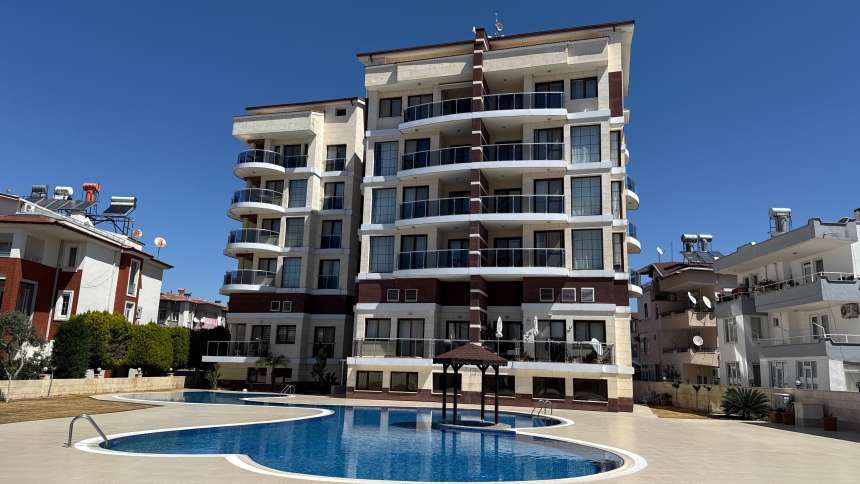Turkish culture and traditions : All you need to know
To summarize Turkish culture and traditions in one article is impossible because the diversity of heritage across the country varies and other cultures such as Greek, Armenian, Georgian, and Arabic practises have been woven in throughout history.
The northeast coast near the border is a tight combination of Turkish and Georgian culture as seen in the Laz and Hemsin communities and the southeast typically reflects Kurdish and Arabic culture, while the western coast in the last 80 years has been widely influenced by European traditions. However, quite a few traditions are strong fast across Turkey and any first time visitor will spot them immediately if they know what to look for.
Daily Greetings and Common Expressions
Turks love to celebrate or empathise and common expressions apply to many daily or special events and occasions. Should a friend fall ill, the response should be “Gecmis Olsun” meaning get well soon. Enter into a shop and you may hear the saying of “Hos Geldiniz” which means welcome. The list goes on and on but the good news for foreigners is that Turks are quite relaxed if you are visiting the country. Learning a few sayings earns you great respect, but do not sweat the small stuff, because to the Turks, you are a welcome guest in their country.
Evil Eye: The Nazar Boncugu

In direct disbelief of Islamic traditions, the Nazar Boncugu, also known as the evil eye is in offices, homes, in transport and businesses. Turks believe this talisman wards off evil and these days, as well as featuring heavily in Turkish culture, it is one of the top recommended souvenirs to buy
Pregnancy, Birth and Children: When a Baby is Born
Likewise, when a baby is born, friends and family will often give it an evil eye for protection. Turks adore children, so do not be surprised if your kid receives their undivided attention. The children also increase family size, so represent a symbol of increased strength. Pregnancy is the next natural thing to do after marriage and anybody shunning parenthood, or unable to conceive can become the target of gossip, or socially questioned in some regions.
Since pregnancy is an assumed must, many traditions revolve around it such as cravings or determining the sex, although, in modernized areas, couples are turning to the medical profession to find out the sex of their child. In smaller villages, some mother stay indoors for 40 days to regain health and help their new-borns with a good start in life.
Food, Breakfast and Bread

Food is an integral part of Turkish society. Each meal is a gift from Allah to enjoy, and not waste, so Turkish women often spend hours in the kitchen, with painstaking and intense recipes. Breakfast is the most important meal of the day and typically includes eggs, cucumbers, tomatoes, and olives but never forget the bread, at either breakfast or other mealtimes. It is a staple part of Turk’s diets and sold in masses across the country. Some Turks even refuse to sit down to a meal without it.
Circumcision
Circumcision is still a religious requirement in many parts of the country but thankfully, practises have improved during the last century. In history, it was not unheard of for a local elder to perform the ritual on the kitchen table but especially in the western parts of the country, more people are opting for hospital procedures. To mark the occasion, traditionally seen as the transition to a fully blooded male, a present like a memorable watch is given to the boy.
The Turkish Hamam

This tradition stemming from the Roman public bathhouses and modified by the Ottomans, has split into two. Certain Turkish baths are touristic orientated because westerners prefer to wear swimming costumes while others cater for the local community in the tradition way and this is seen in the weekly practise of women only day.
People enter naked or wear a swimming costume, to sit in the sauna while dosing down with cold water. A scrub down with a lofar and plenty of soapsuds is good exfoliation of dead skin and the optional choice of a body massage is usually offered in the touristic bathhouses.
Turkish Rugs and Carpets

In every Turkish home, carpets and rugs sit proudly on the floors. With elaborate decoration, the handmade carpets have also become popular holiday souvenirs. Stemming from the days of the nomadic tribes, unfortunately, some rogue salespersons sell fake Turkish carpets. In recent years, as décor design has become more modern, some Turks also opt for the factory-made carpets that are often cheaper.
Hospitality: Shoes, Dining and Gifts
Turks are hospitable and often invite newfound friends around to their house for a dinner party. Visitors are given slippers, so they can leave their shoes at the door and copious amounts of food will be offered of which it is rude to refuse. During this time, a gift is not expected but if you intend to adhere to the popular western culture of bringing a bottle of wine, be sure to check whether the hosts drink. A lot are teetotal or only drink outside of the house.
Tea and National Drinks

Contrary to popular belief, Turks only drink their version of coffee on a few days during the week. Instead, the national drink is tea, served black in tulip-shaped glasses and sweetened with sugar according to the drinker’s preference. A common feature in most villages, towns, and cities are the men only teahouses where they gather to drink tea and play games such as OK. Otherwise, tea gardens are popular for families and females, especially on the weekends.
Tolga Ertukel, owner and manager of Turkey Homes says…
When visiting Turkey, keep an eye out for the local customs and traditions and you will be pleasantly surprised at how much they can enhance your holiday.









